Spearfishing versus underwater photography? Keen diver, snorkeler and sometime Diveplanit guest blogger Rod Eime, muses on his transformation from wide-eyed snorkeler and spear fisherman to would-be protector of all marine life (if he only could).
When I first started ocean snorkelling back in the early ‘80s, I used to take a hand spear with me in case anything tempting came along. Without fail, I’d manage to get two or three 30-40cm parrot fish from out of the rocks from my favourite spot an hour out of Sydney and throw them in the oven when I got home.
I’d read the great tales of hero spear-fishers like Ron Taylor who I’d seen in pictures with massive wrasse, cod and grouper laid out triumphantly on the beach or hanging from hooks on the jetty.
Now, like the late, great diver and undersea cinematographer, my feelings about spearfishing have changed enormously and it’s been more than 15 years since I’ve speared anything.
What worries me is if I’d been underwater and seen a magnificent Maori wrasse or giant grouper back then, would I have had the good sense to leave it alone? When you are presented with such a tempting target, the excitement kicks in, you’re in ‘hunt and stealth’ mode and… bang! With spearfishing however, there’s no throwing the poor animals back.
While I would probably be ethically comfortable spearing a giant trevally or tuna, my skill level would never have permitted it. Much less now. If you are good enough to spear one of these fast and furious blighters, you’ve earned it. But a big lazy Napoleon wrasse? There’s no skill in that. It’s like hunting a dairy cow.
A few years back I had the pleasure of meeting both Ron and Valerie Taylor at a media event and they generously chatted with me about the ‘good old days’.
Ron had an epiphany years ago when the futility of spearing these beautiful big reef fish suddenly hit him and he threw away his spear fishing kit and never went back.
“I just thought, ‘What am I doing down here killing these poor, defenceless marine creatures?’” he told ABC radio in 2005.
“So I just packed up, went home – didn’t even weigh my fish in – and never went back to another spearfishing competition.
“At the same time I was doing my photography. I was trying to get close to the fish to capture beautiful images with a still camera and a movie camera. And then on the weekend I’d go out and start killing them and that just didn’t – that was wrong.
“Now I hunt with my movie camera or video camera and it’s the same sense of achievement to get close to a marine creature and capture some behaviour, or perhaps a shark – a dangerous looking shark.”
While I never reached anything like the level of professionalism of Ron Taylor, I now find myself in the same circumstance, scuba diving among these serene sea creatures just enjoying their company and if they co-operate, I’ll photograph or video them.
Similarly, I have become an advocate for ocean conservation. Seeing these massive factory ships haul entire oceans of fish out with just one net is sickening. Just so we can have cheap canned fish in the (down, down, prices are down!) supermarkets.
While I love nothing more than a whole baked snapper, oysters and a crisp pinot gris, the pillaging and plundering of our oceans on an industrial scale concerns me greatly, as it should anyone who buys and eats fish. Just have a look at this video – this is how your fish are caught these days.
Forget bag limits. For how much longer can our oceans sustain fishing on this scale?
Want to know more about buying sustainable seafood?
- Monterey Bay Aquarium Foundation Seafood Watch recommend which seafood to buy or avoid, helping you select items that are fished or farmed in ways that have less impact on the environment.
- Australia’s Sustainable Seafood Guide is the first online sustainability guide for seafood consumers in Australia.
Roderick Eime is a widely published award-winning travel journalist who combines his love for expedition cruising with diving to produce occasional location reports for diveplanit.com

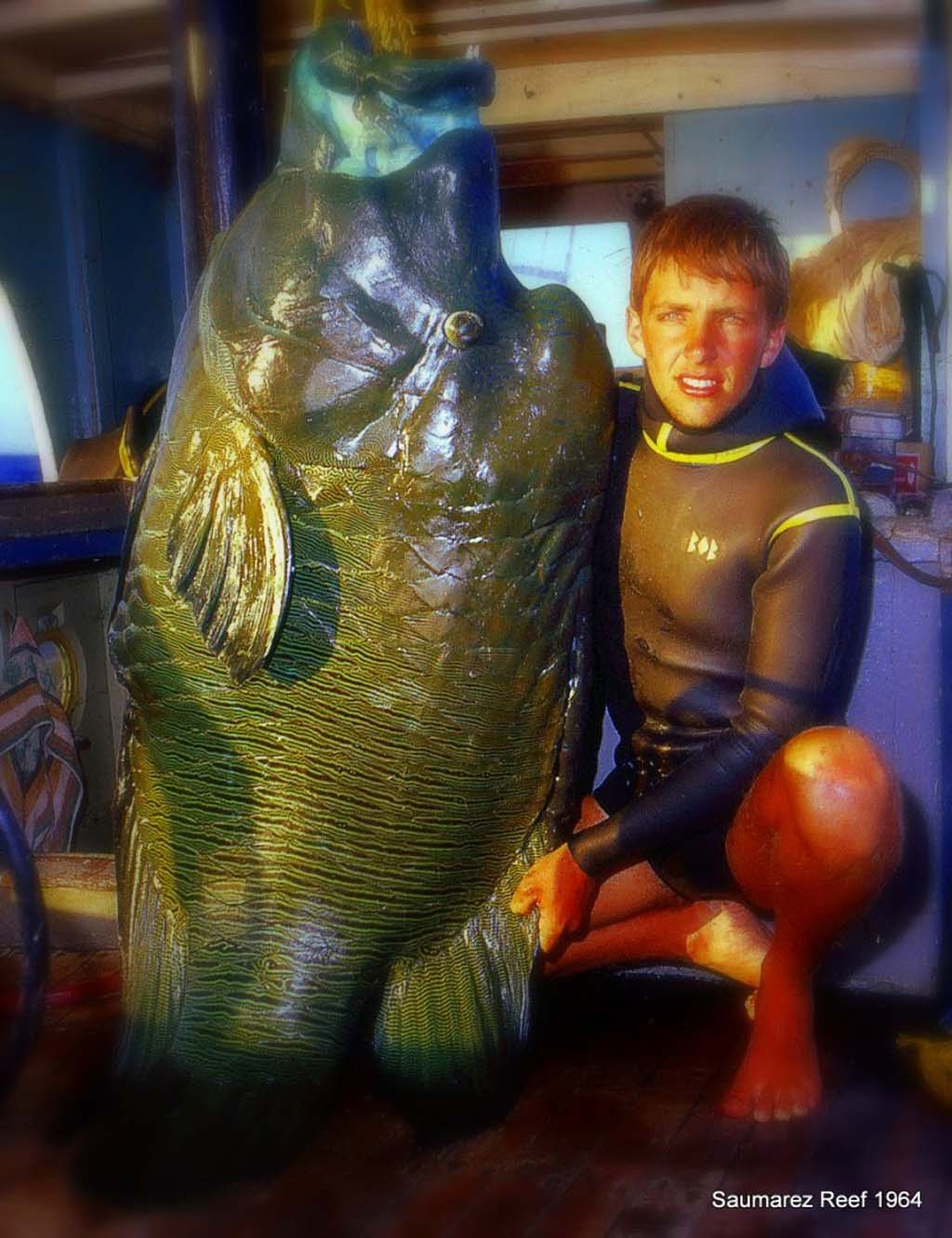
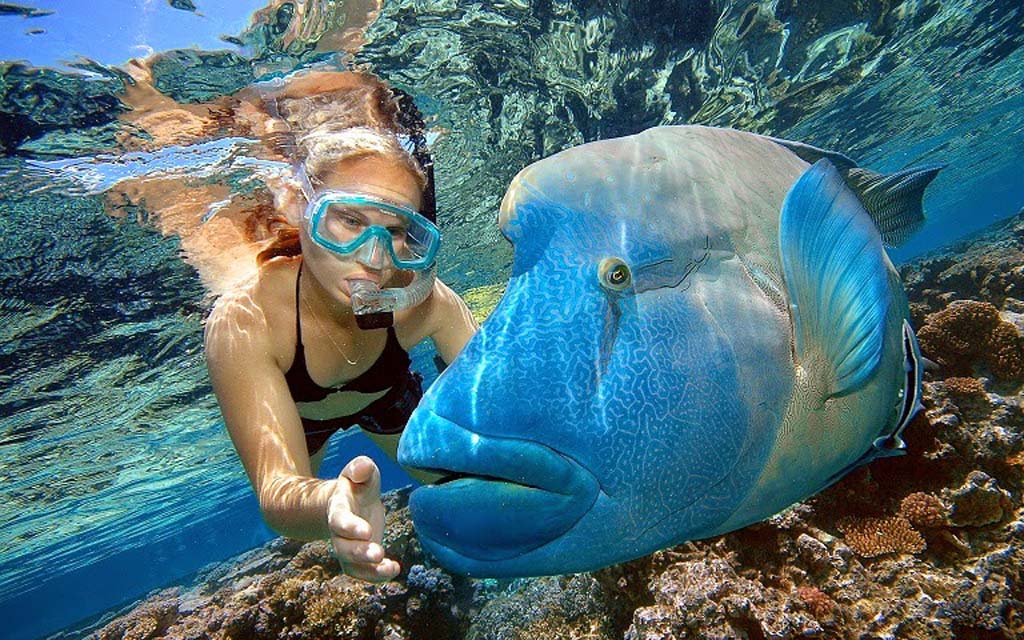
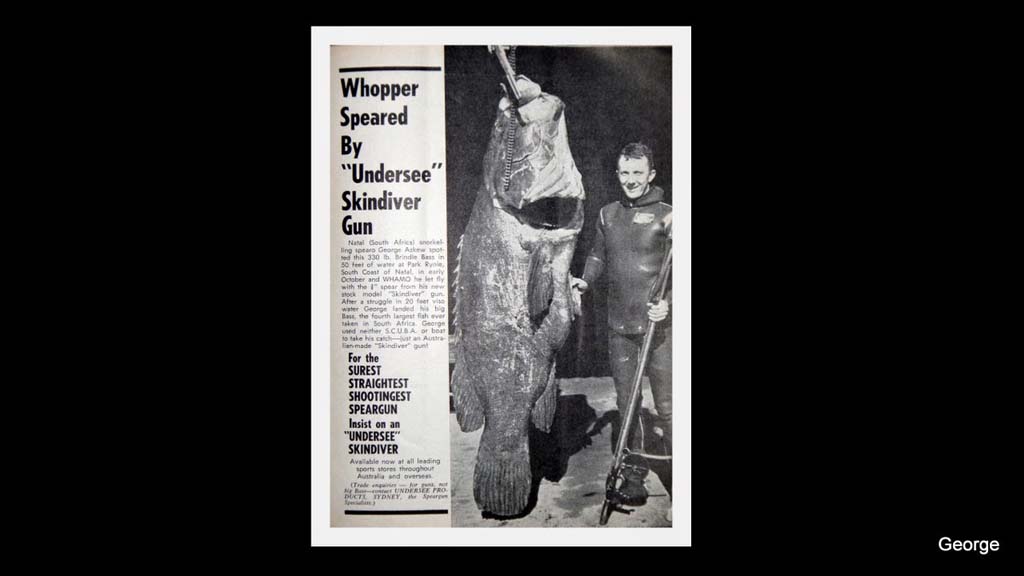
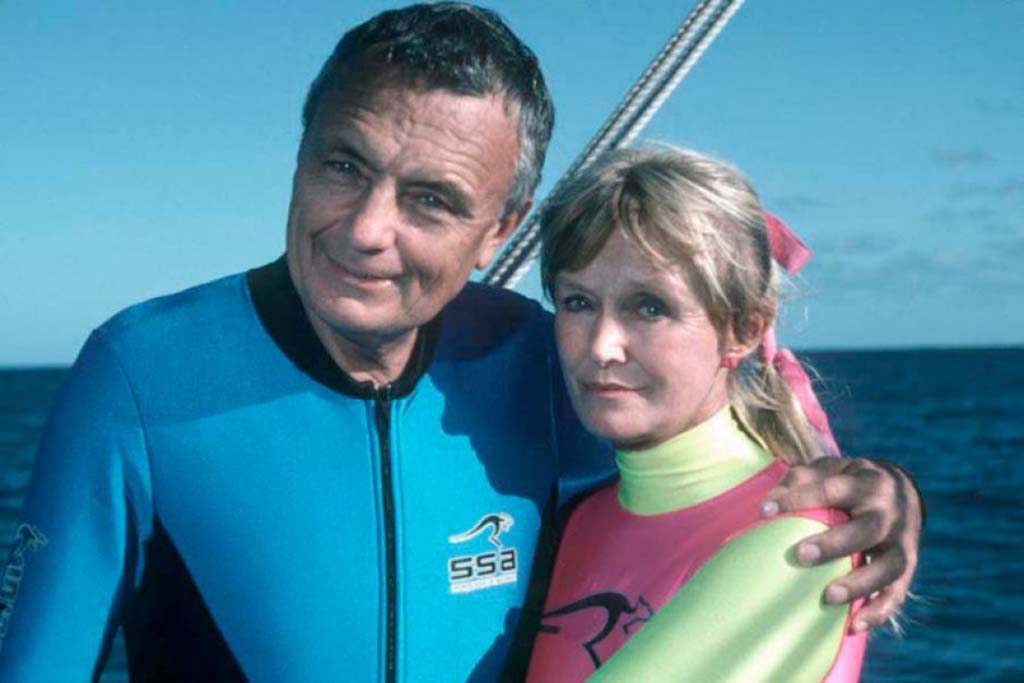
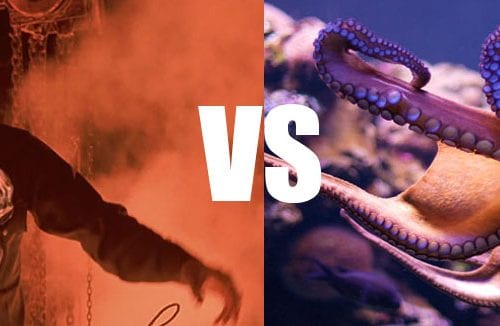
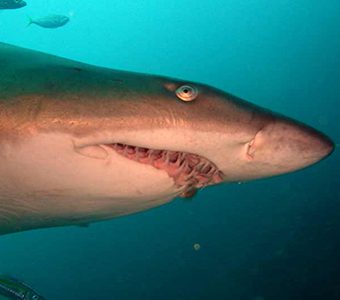

Ethical spearfishing is a great sport and an ecological way to fish. Unlike netting or even angling, you select the fish you spear and in most places there are regulations preventing spearfishing large slow species. Where I spearfish on the Sapphire Coast NSW there are no big lazy Napoleon wrasse, but our Blue Grouper which probably fills a similar niche to your Napoleon wrasse can legally be caught on a line but is protected from spearfishing, and rightly so. Like you said, There’s no skill in hunting a dairy cow.
Humans have relied on seafood as a healthy source of protein from the earliest recorded times, but now the volume of fish taken is often not sustainable. In a properly managed fishery, the effort for catch, average sizes and other details are studied to ensure that the catch is sustainable. Ideally the fishery is restricted or closed when fishing is excessive or unsustainable. Unfortunately controls are often nonexistent or ineffective, to little and too late and there is much more to be done.